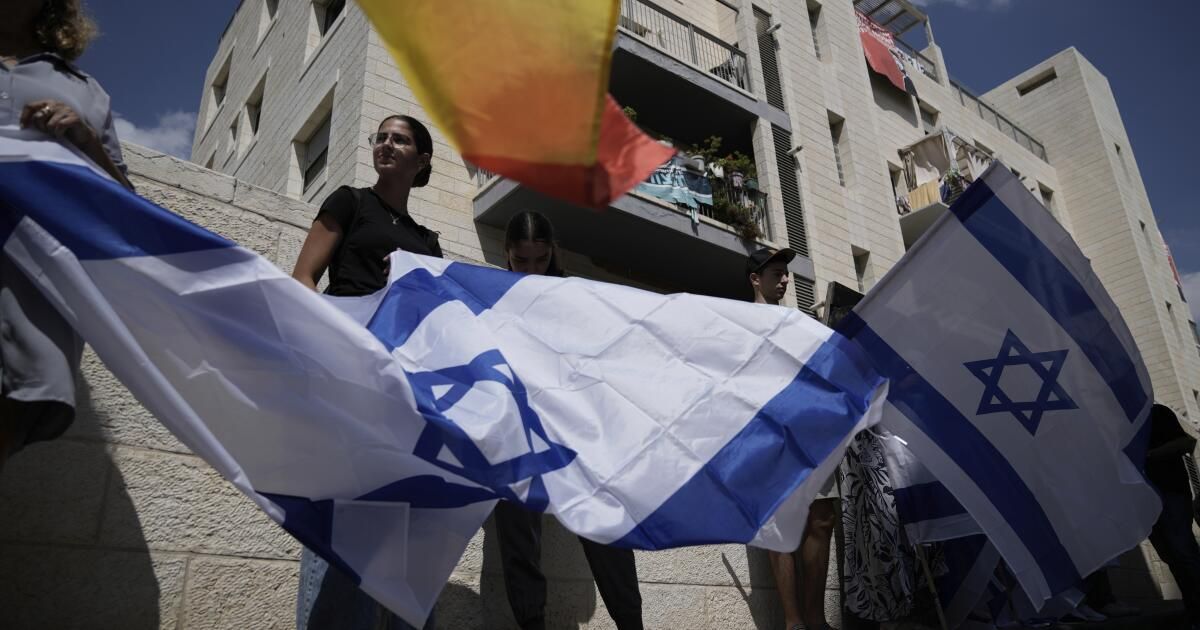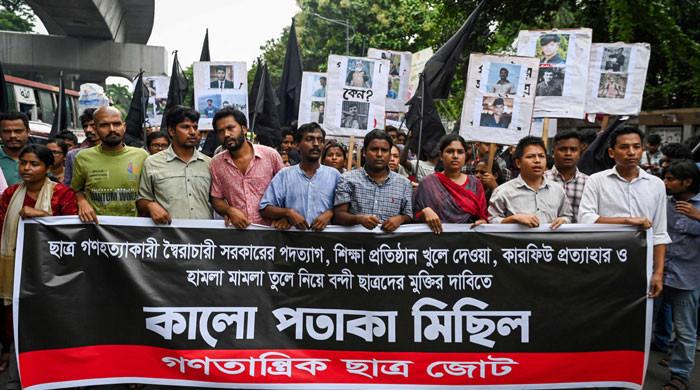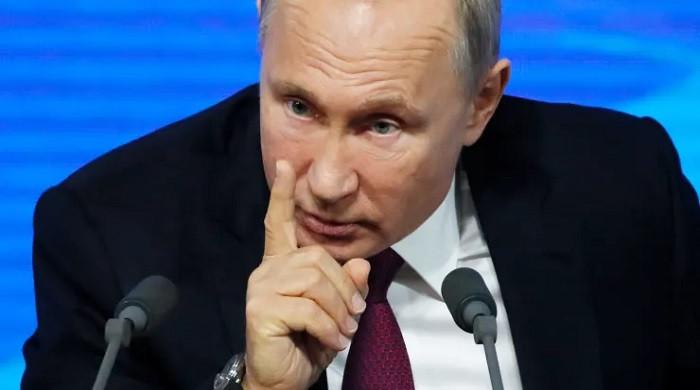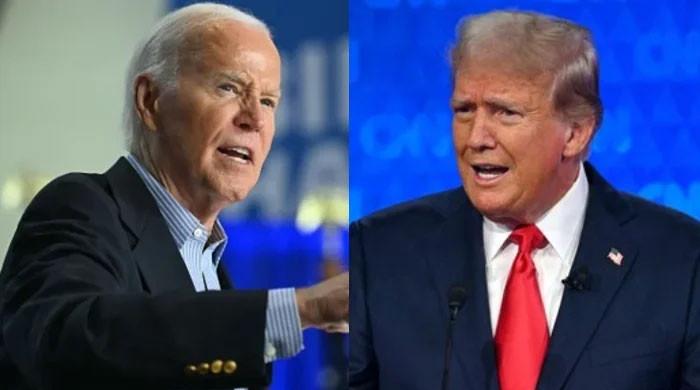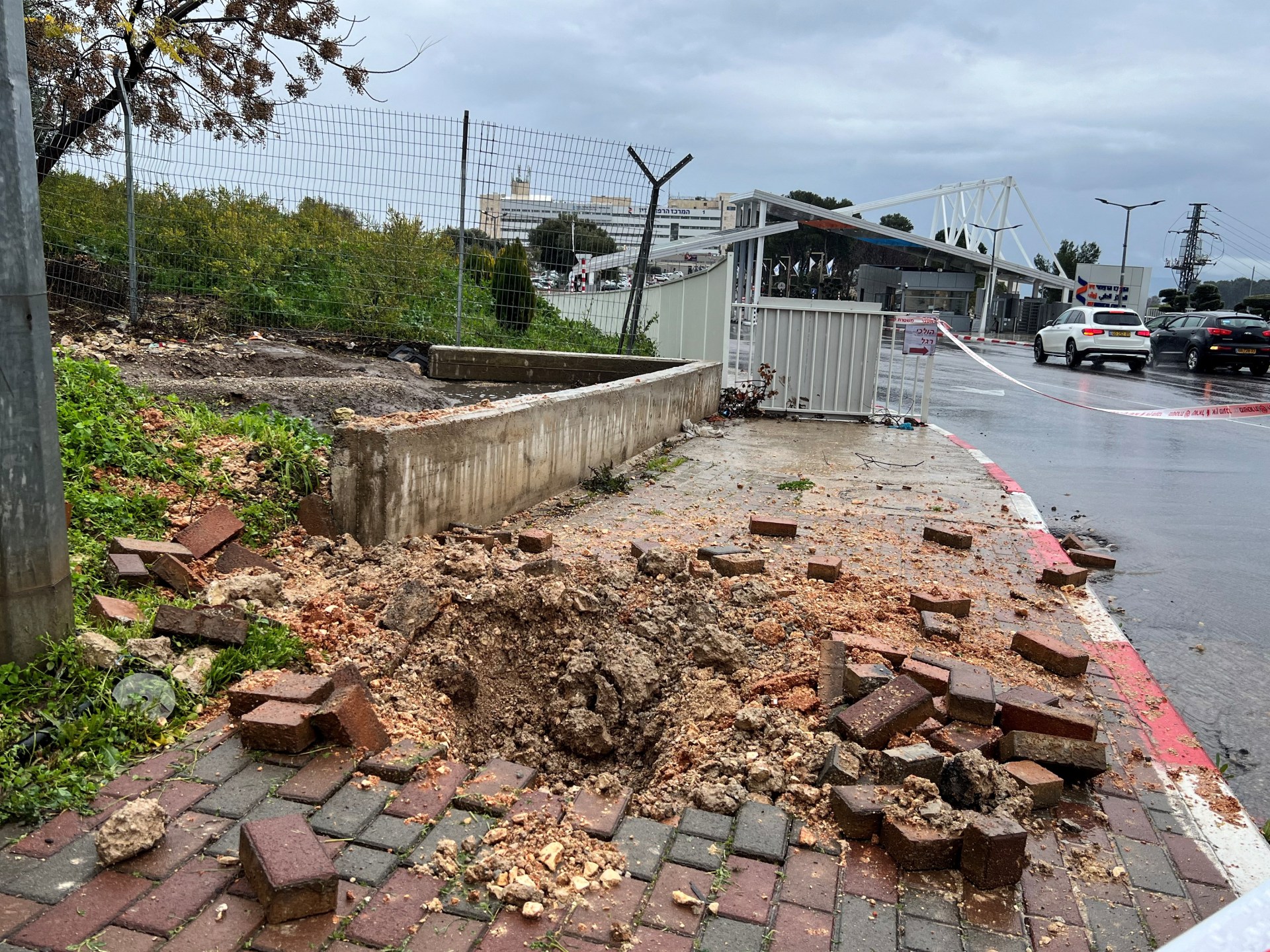Tearful funerals, angry political rhetoric, striking workers: Israel's deep divisions over the war in Gaza were on full display Monday, galvanized by the killing of six Israeli hostages whose release seemed tantalisingly within reach.
A day after the country learned of the deaths of the six hostages, whose bodies were recovered over the weekend from a tunnel under southern Gaza, pressure intensified on Prime Minister Benjamin Netanyahu to reach a deal to free what could be dozens of live captives still held by Hamas and other Palestinian militants. Israel said the hostages had been executed, shot at point-blank range.
For the first time since the war broke out nearly 11 months ago, Israel's largest workers' federation called a general strike to protest the lack of an agreement on the hostage-taking. By mid-afternoon, an Israeli court had restricted the strike, which had been observed unevenly across the country, causing some disruption but not leading to paralyzing work stoppages.
Instead, much of the country's attention was focused elsewhere: a series of funerals spread across the country. In Jerusalem, thousands of mourners turned out to pay their respects to Hersh Goldberg-Polin, a 23-year-old from Berkeley who was the only American citizen among the six who died.
“Now I don’t have to worry about you anymore, you’re not in danger anymore,” his mother, Rachel Goldberg-Polin, said in a eulogy for her late son.
Referring to the last text message he sent to his parents on October 7, when he was taken hostage after fleeing a music festival that was attacked by Hamas-led militants, he said: “You wrote to us ‘I’m sorry,’ because you knew how devastating it would be for us to lose you. So you fought to stay alive.”
Wearing dark glasses and a steady, calm voice that sometimes cracked, Goldberg-Polin spoke of the “sickening feeling of not being able to save them” – his son and the two women and three men who died alongside him. He was the youngest of the group; the oldest was 40 years old.
“We were hoping that maybe a deal would be reached,” the mother said. “It seemed like it was close, but it wasn’t.”
According to Israeli press reports, citing official sources, at least three of the six hostages — Goldberg-Polin, Eden Yerushalmi and Carmel Gat — were on a list of the next batch of captives to be released. But in July and August, negotiations broke down, with many Israelis blaming Netanyahu for resisting a deal in favor of pressing ahead with a devastating war that aligned with his own political agenda.
The Israeli leader has reiterated his determination to crush Hamas and criticised those who insist that saving the lives of the remaining hostages should be the main imperative.
Netanyahu, outraged by Monday's general strike, reportedly said the strike would only embolden Hamas leader Yahya Sinwar.
“He is telling Sinwar: ‘You have killed six people. We support you here,’” Israeli media quoted the prime minister as telling cabinet ministers. His hardline supporters in the government made similar claims.
The union federation said it would consider calling additional strikes in the coming days. On Monday, the strike delayed the departure of some flights at Ben Gurion International Airport for several hours, curtailed some non-emergency hospital services and temporarily shut down light rail systems in Jerusalem and Tel Aviv.
A group representing hostage families also called for a continuation of mass street protests that brought thousands of people onto the streets in several Israeli cities, in some of the largest such demonstrations since the war began.
Since the Oct. 7 attack in southern Israel, in which militants killed some 1,200 people and took about 250 hostage, Netanyahu has insisted that Hamas must be destroyed. Israel's subsequent attacks on Gaza have killed more than 40,000 Palestinians, according to health officials in the Hamas-controlled territory, destroyed much of the enclave and caused a humanitarian disaster.
Some of the hostages were released during an earlier lull in fighting, others were rescued or found dead. Israel believes that of the roughly 100 hostages remaining in Gaza, about a third are dead.
In Tel Aviv, as night fell on Monday, a crowd of protesters, many of them waving Israeli flags, gathered near the Israeli Ministry of Defense.
In Washington, President Biden gave a one-word answer when asked if Netanyahu was doing enough to secure a deal to release the hostages.
“No,” he told reporters at the White House.
Asked whether his administration would present a final hostage deal to both sides, the president replied: “We're very close to that.”
In a sad ending, Hamas posted a short black-and-white video on the Telegram messaging app on Monday, showing each of the six hostages briefly identifying themselves, and signaled its intention to release longer footage. It was not clear when the recordings were made.
In recent months, Hamas has released other videos showing other prisoners in custody. Israeli media generally no longer broadcast these videos, considering them propaganda aimed at demoralizing public opinion.
“We will show your latest messages,” a superimposed text read. “Please wait for us.”

